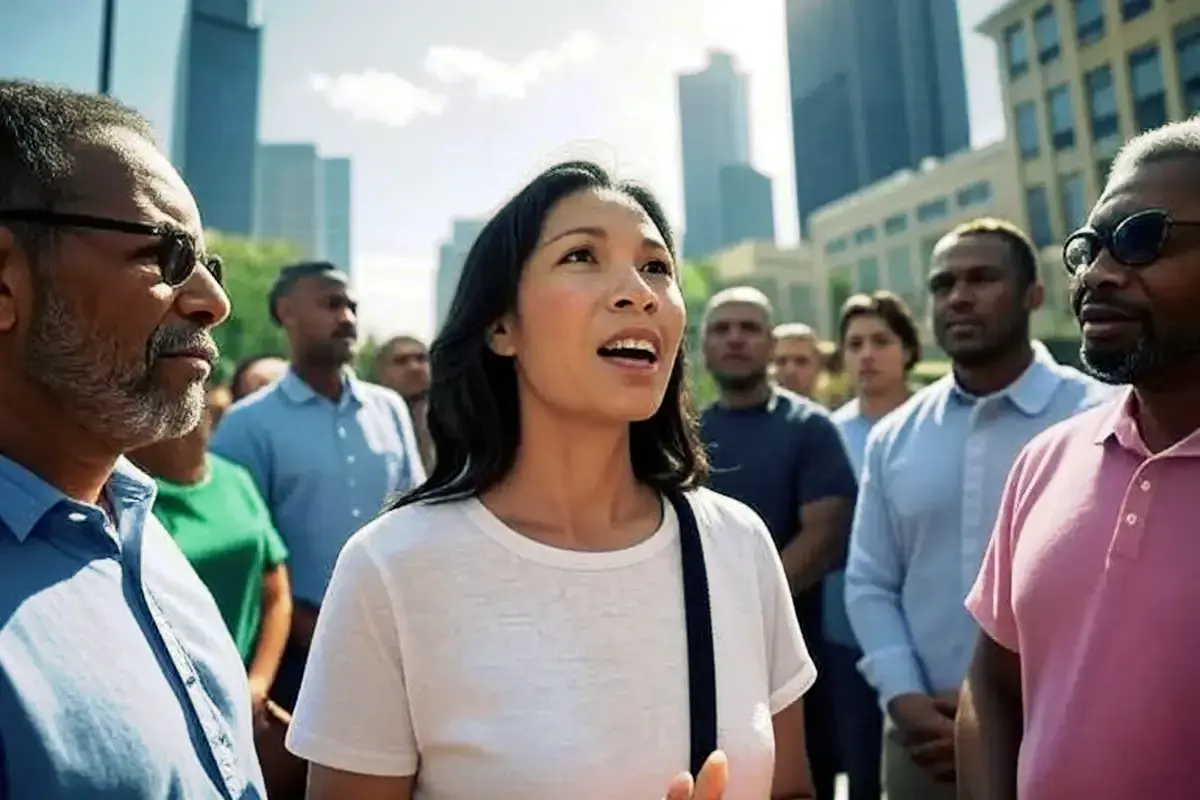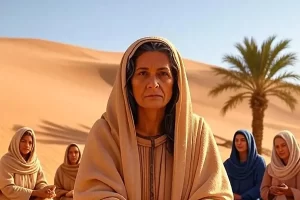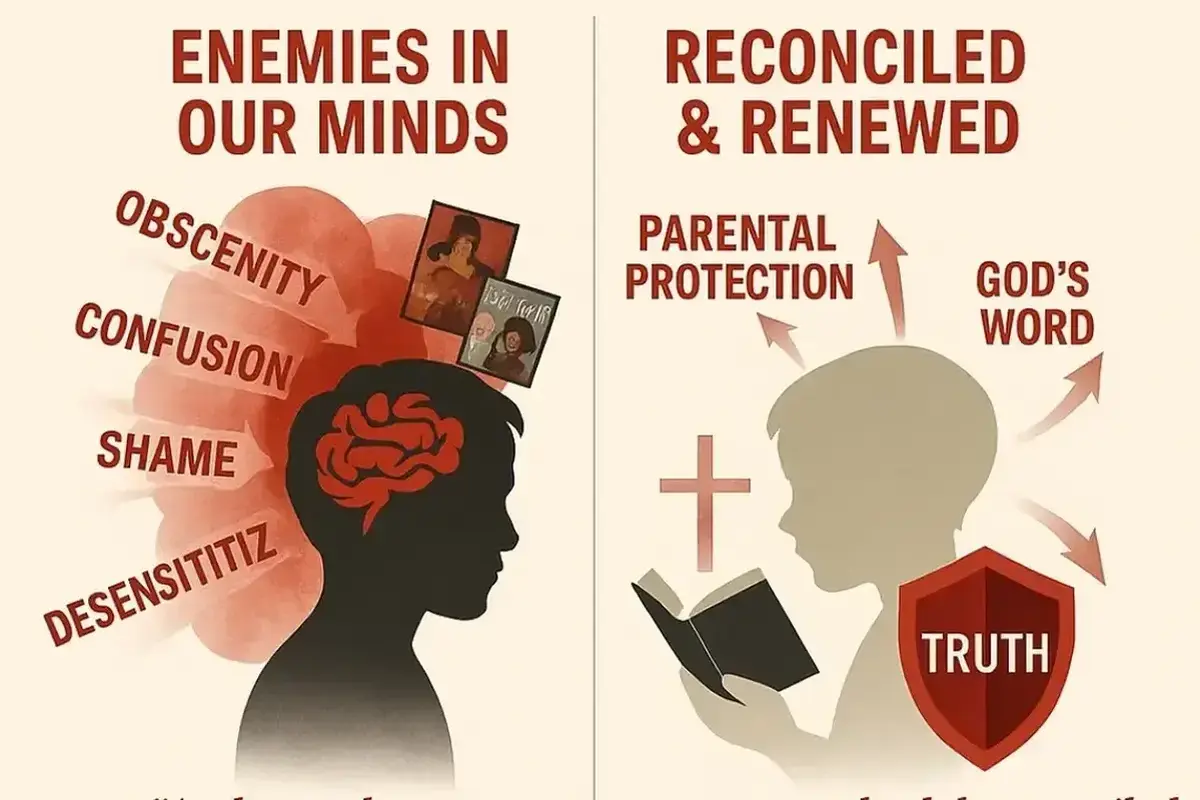In these last days, as foretold in Joel 2 and Acts 2, a powerful call resounds: “Your sons and your daughters shall prophesy.”
This divine mandate urges believers, particularly women, to step into the public square with courage, declaring God’s truth, justice, and righteousness.
Rooted in Biblical principles and echoed in the covenantal foundations of the U.S. Constitution, this prophetic role empowers the governed to shape a godly society.
Join us as we explore this sacred duty and its relevance today.
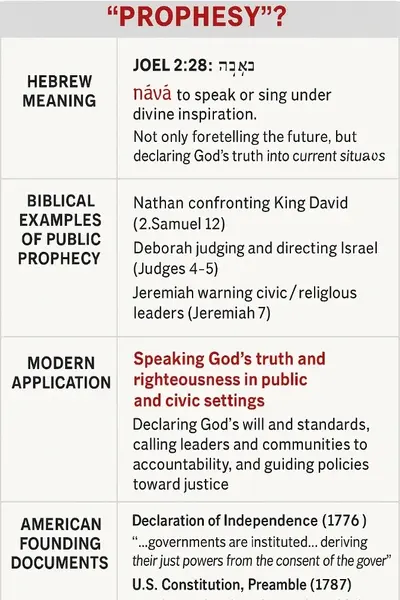
A Biblical Call to Prophesy
Joel 2 / Acts 2 “Your sons and your daughters shall prophesy.”
Prophecy here is not only foretelling the future — it’s declaring God’s truth into the public space to guide, warn, and encourage a community.
Women Have a Biblical Mandate
In the last days, women have a Biblical mandate to:
- Call leaders back to God’s standards
- Mediate and de-escalate conflict
- Defend the vulnerable
- Petition for justice and righteous policies
- Encourage and unite the community
- Be a moral compass and voice of truth
This aligns perfectly with holding modern elected officials to their oath to uphold the Constitution — since so much of the Constitution’s framework echoes Biblical law, your work is essentially calling them back to covenant faithfulness.
The Hebrew Meaning of “Prophesy”
In Joel 2:28 (and elsewhere), the Hebrew word for “prophesy” is:
נָבָא (nāvāʼ)
- Root meaning: to speak or sing under divine inspiration.
- Usage in Scripture: not only foretelling future events, but declaring God’s truth into current situations.
- Function: It often meant publicly confronting leaders, warning the people, calling for repentance, declaring righteousness, and guiding the community in alignment with God’s law.
Biblical Examples Where “Prophesy” Was Public and Civic
- Nathan confronting King David over injustice (2 Samuel 12)
- Deborah judging and directing Israel (Judges 4–5)
- Jeremiah warning civic and religious leaders in public spaces (Jeremiah 7)
So in the Hebrew mindset, nāvāʼ is not limited to preaching in a synagogue — it’s proclaiming God’s will, justice, and standards anywhere they must be heard, especially in the public square.
Bringing it Into Today
In the last days context (Joel 2 / Acts 2), “your sons and daughters shall prophesy” means:
- Speaking Yahweh’s truth openly — whether about sin, justice, mercy, or righteousness
- Calling leaders and communities back to covenant — which in the U.S. includes the covenantal principles embedded in our founding documents
- Shaping and guarding the community by applying God’s moral law to real-life decisions.
This isn’t “just preaching” in church — it’s:
- Addressing school boards, councils, legislatures
- Holding public forums
- Writing petitions and letters
- Testifying in public meetings
- Rallying communities toward righteousness
Our Role as the Governing Authority in America
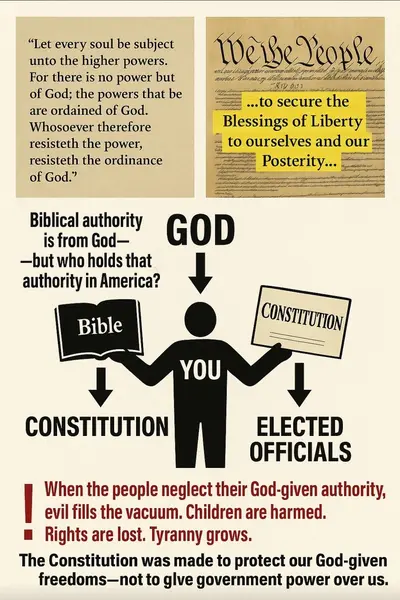
The Declaration of Independence (1776) affirms:
“…Governments are instituted among Men, deriving their just
powers from the consent of the governed… endowed by their Creator with certain unalienable Rights…”
- The “governed” (We the People) hold the true authority.
- That authority flows from God, who grants unalienable rights.
- Officials are servants of the people — not rulers by divine right.
The U.S. Constitution begins:
“We the People… do ordain and establish this Constitution…”
It is the people — collectively — who “ordain” government. This means biblical-minded citizens are not intruding when they speak up; they are exercising the governing role God entrusted to them.
The Bill of Rights, First Amendment:
“…the right of the people… to petition the Government for a redress of grievances.”
Petitioning leaders is a constitutional and Biblical act (Numbers 27:1–7, Esther 8).
Conclusion
To “prophesy” in the Biblical Hebrew sense is to declare God’s truth and righteousness in any setting where it is needed — not only in religious contexts but also in civic and community arenas.
For an American believer, this is reinforced by the Declaration of Independence, Constitution, and Bill of Rights — which recognize “We the People” as the governing authority under God, responsible for shaping laws, policies, and culture according to righteousness.
Amen!


